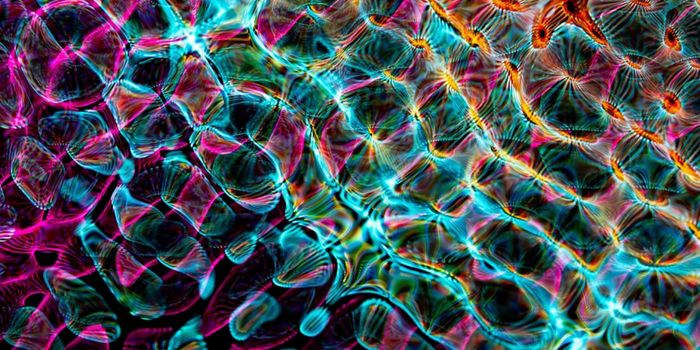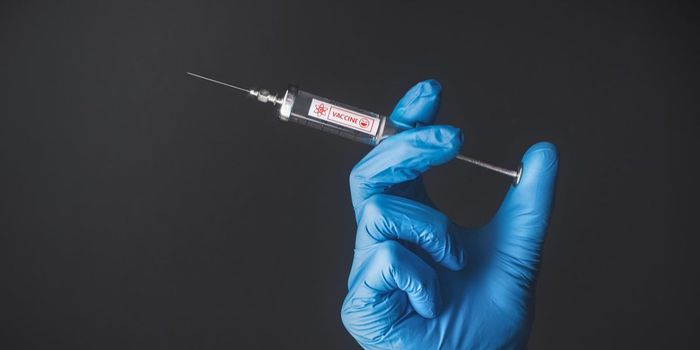MiR-107 and Its Role in Radiosensitivity in Prostate Cancer
It is often unknown whether a patient will respond to a treatment until it is in full swing. New research is attempting to identify chemo and radiosensitivity mechanisms in cancers and how to use them to reverse resistances.
An area of keen interest is microRNAs and their role in cancer. MicroRNAs (miRNAs) are small snippets of RNA that regulate many processes in the cell. During the development of cancer, their levels fluctuate and can become inactive or overactive. This new study wanted to focus on one miRNA in particular, miR-107, and its effect on prostate cancer’s radiosensitivity.
Previous studies had already shown that miR-107 becomes downregulated after radiation therapy. A link between miR-107 and a pro-cancer growth factor called granulin had previously been identified, but not in the context of radiation therapy. The team hypothesized that both miR-107 and granulin might play a role in the radiosensitivity of prostate cancer.
They first confirmed that miR-107 was downregulated after radiotherapy by following its prostate cancer cell line levels before and after radiation. Artificially upregulating miR-107 impaired prostate cancer cells’ growth after radiation, inferring miR-107 has tumor suppressor activities.
Next, the team looked at granulin levels in the same settings. A previous study and several prediction tools showed the miR-107 should target and regulate granulin expression. Granulin was also upregulated in prostate cancer cells after radiation, in contrast to the downregulation in miR-107. When miR-107 was artificially upregulated, granulin levels went down in response, which effectively showed miR-107 likely regulated granulin in prostate cancer cells. The anti-cancer effects seen in miR-107 upregulation were also found to be due to its regulation of granulin, as knockdown of granulin caused the same results.
This study successfully revealed miR-107 as a player in the radio-sensitivity of prostate cancer cells through its regulation of granulin. Granulin has been linked to cancer progression in several previous studies and is upregulated after prostate cancer radiation. Artificial upregulation of miR-107 suppresses granulin levels and impairs cancer growth. One could imagine a miR-107 upregulating therapy alongside radiotherapy for maximum effectiveness.
The study concludes, “Collectively, these data suggest an unrecognized mechanism of miR-107/ GRN regulation in response to ionizing radiation, which provide a potential therapeutic strategy for improving radiosensitivity of prostate cancer.”
Sources: Nature Scientific Reports, Memorial Sloan Kettering









